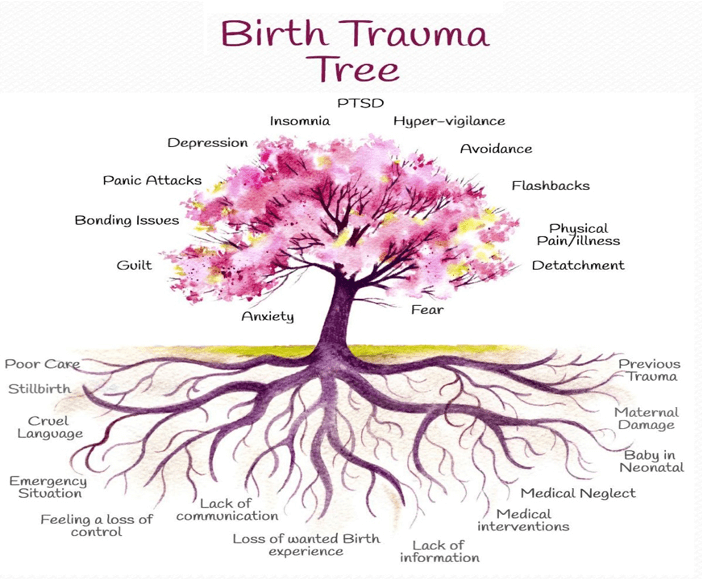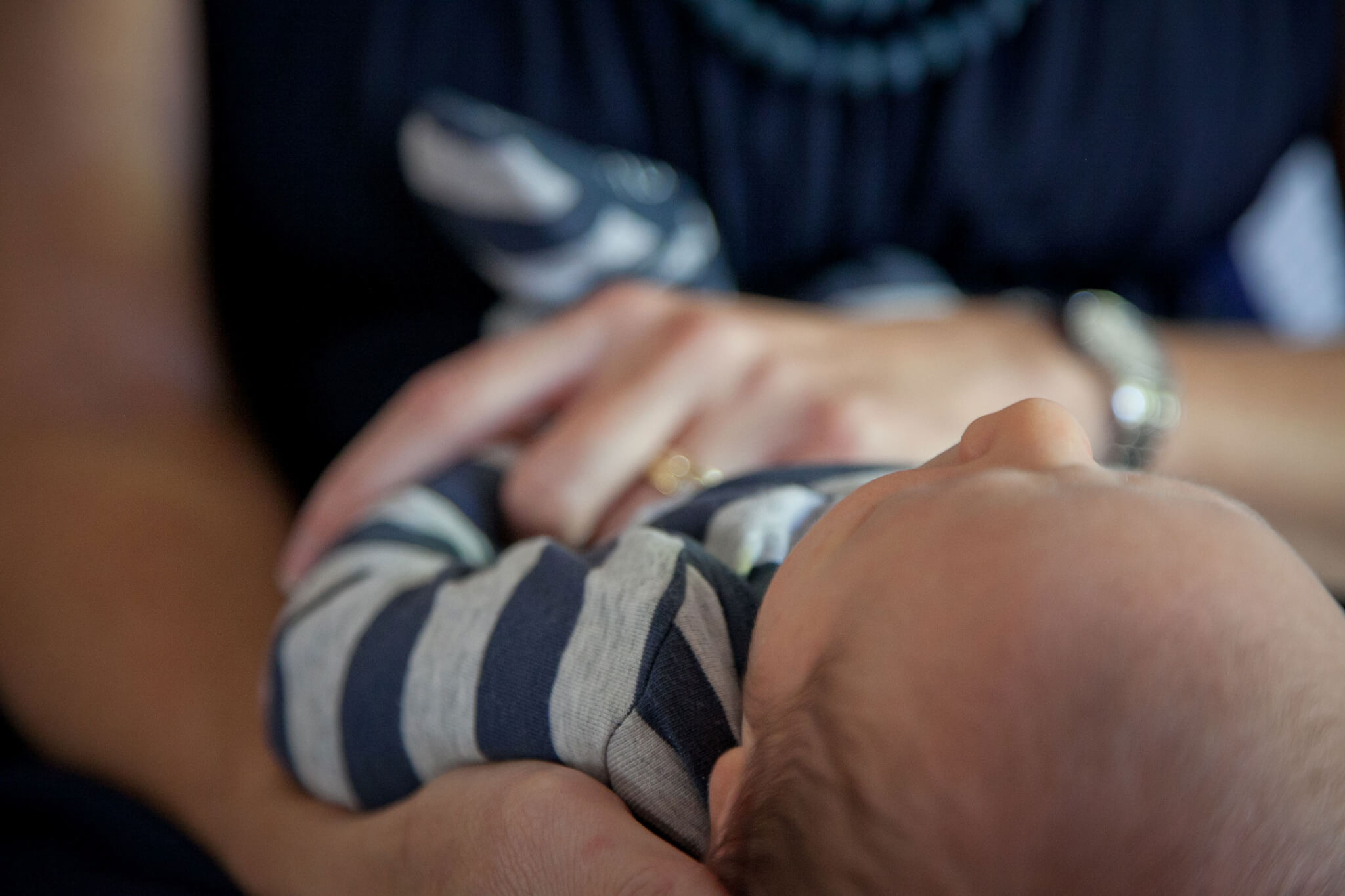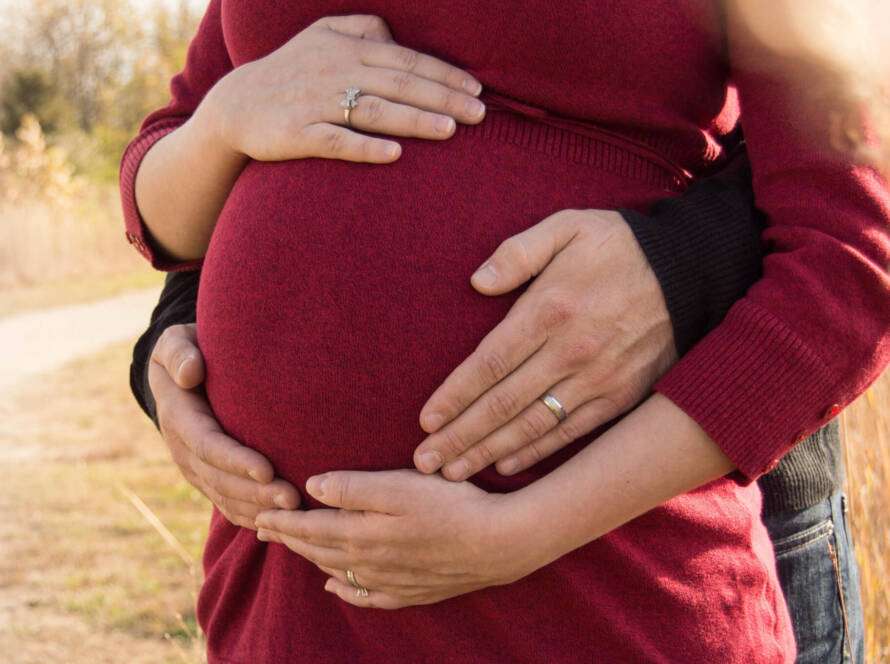The birth of a baby should be a time of excitement, an amazing and empowering experience that parents remember for the rest of their lives. However, many women are entering the postnatal period feeling traumatised from a difficult birth. This not only can affect new mothers but birth partners as well. Coping with a traumatic birth can contribute to postnatal mental health issues, which often have a knock-on effect on the changing and developing relationships between the baby, the new parents and other family members. Some women may say that they will never have another baby so that they don’t have to go through that again. Trauma can also be experienced during pregnancy, breastfeeding or other perinatal experience.

About 5% of women meet the formal diagnosis threshold for PTSD (post-traumatic stress disorder) after birth, but there are many more who may be suffering from mild to moderate symptoms of trauma that are impacting their lives. In Northern Ireland perinatal mental health services are patchy; some maternity hospitals offer a ‘Birth Afterthoughts’ service or the chance for parents to debrief their birth with a midwife. For some, this helps to fill in any gaps in the birth story, but for others, this isn’t enough to alleviate the after-effects of a traumatic experience.

Symptoms of trauma may include panic attacks, flashbacks, numbness, hypervigilance over their baby and feelings of guilt or failure. In a stress situation, the body’s fight or flight response is activated by the release of hormones such as adrenaline, heart rate and blood pressure increase and the body is primed for survival. For some, following a difficult birth, once the baby has arrived safe and sound these physiological responses continue. The brain has not had a chance to fully process what happened, so when the woman thinks about her birth, her body feels the physiological effects of the fight or flight response; this can have a huge mental impact as well.

The 3-step Rewind Method is a simple but effective method that can help those affected by a difficult or traumatic birth or other perinatal experience by relieving them of the symptoms of trauma. Using elements of NLP (neuro-linguistic programming), relaxation and visualisation, the process takes the person through their experience and how they are currently feeling to how they want to feel and envisioning themselves in this future. Through a series of three guided meditations, each taking the person into a deeper state of relaxation, the brain is given the chance to process the memory without the body being in a state of high alert. This effectively ‘rewinds’ the trauma and detaches the memory from the automatic fight or flight physical responses; the memory is then filed away in the long-term memory.
For such a simple process, the results are amazing. Some women who would previously never have considered having another baby, once they complete the rewind are looking forward to getting pregnant again. Other women who may have had a difficult breastfeeding experience with a previous baby are approaching breastfeeding a subsequent baby with positivity and confidence. And as a practitioner, it is so rewarding to see the physical relaxation during the rewind process then hear the feedback about how the parents are now enjoying their life with their new baby.
If you have had a difficult or traumatic birth or other perinatal experience, feel free to get in touch with us at Belfast Baby Company. Leslie and Emma are both trained Rewind Practitioners and would be happy to answer any questions about the process and to work with you to release those heavy feelings.




